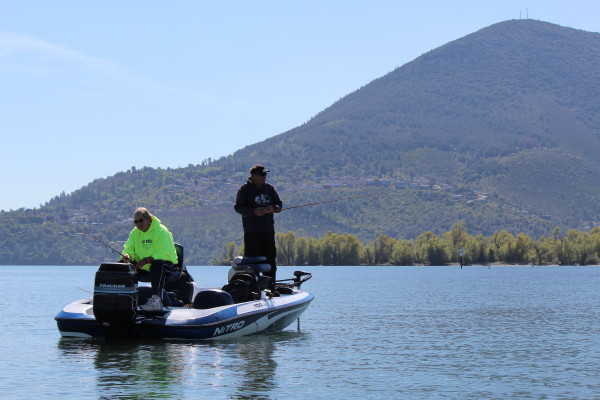Fixing California’s Fishing Doldrums

Really interesting guest column in the Sacramento Bee from Northern California angler and conservationist Brian Hines.
The whole piece is worth a read, but here’s a portion that I thought hit some good notes:
California is home to 31 kinds of salmon and trout. Of those, 23 are at risk of going extinct over the next century. Many factors affect the health of California fisheries, including water diversions and pollution, forestry practices, mining, and dams. Climate change, which leads to extreme drought, reduced snowpack, increased wild fires, ocean acidification, and warmer stream waters, compounds the threat to our cold-water fisheries.
Scientists warn that the American West is transitioning toward perennial snow drought due to climate change. Over the last 30 years, snowpack has declined year after year. March may end up having been the wettest month this winter season, but thanks to a warmer-than-average winter, the snowpack remains below average. This weekend’s scheduled annual measurement will help determine whether the state will remain in drought until the next wet season.
The Russian River fishery decline is a particularly sad story of watershed mismanagement, which will only worsen with impacts of climate change. In 1968, the Russian River had a famous run of 50,000 wild steelhead. Now the wild population may be down to less than 5,000.
At the rate we’re going, greenhouse gases are projected to reduce coldwater fisheries by 62 percent nationally throughout the 21st century. We need to act now for the sake of our local and national cold-water species. If we take the necessary measures to limit greenhouse gas emissions, we could save fisheries between $380 million to $1.5 billion in damages over 80 years.
Fishing is an economic boon for our state. California issues just over a million sport fishing licenses every year. Recreational fishing supports more than 35,000 jobs and generates $4.6 billion annually for the state’s economy. Our fisheries are a tourism draw, and local businesses thrive during annual festivals that attract thousands of sportsmen and women to celebrate all that salmon and trout give us.



